Tuesday, 16 April 2024
Menu
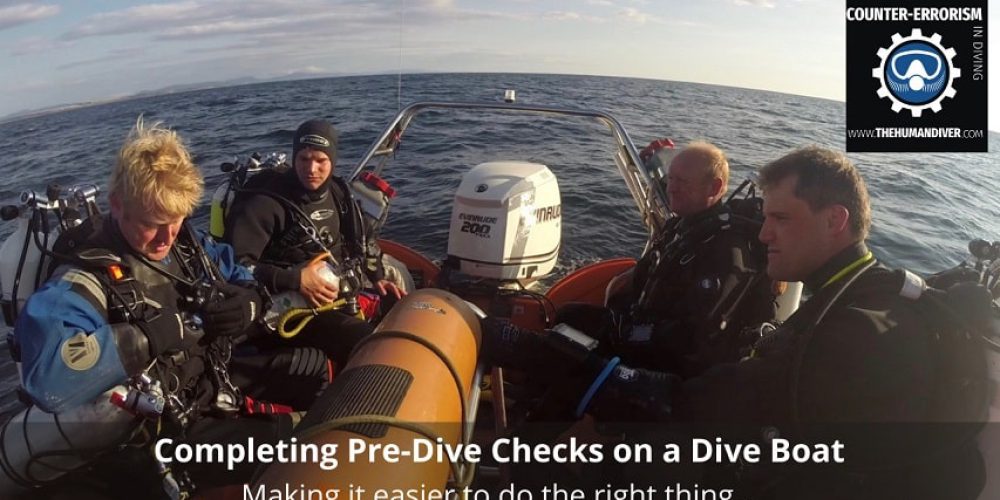
If you’ve spent some time on a dive boat, you’ve certainly seen the pre-dive check being carried out more than once. At one end of the scale we may see a full, deliberate, methodical sequence of actions between two well-trained divers. At the other end of the scale, we may only see an ‘Ok’ signal to the captain from a blasé diver before he rolls out of the boat and disappears into the depths, hoping his partner is following.
So why don’t divers do a thorough check every time? Among other reasons, we are constantly trying to balance different pressures and influences to safely achieve our goals. We also succumb to a cognitive error called performance bias. Because everything has worked so far, so what we are doing must be right. In this context, the diver may never have had a problem before, even though they didn’t do a proper check. So why waste time checking now? I work on a dive boat and see this sort of thing on every trip, especially when the boat is full:
Overconfidence/self-satisfaction. “I’ve done 300 dives, I’m not a beginner”. There is ample evidence that, regardless of experience, checks or checklists help you to make good decisions. Thus, they help to improve diving safety. You can read more about this here.
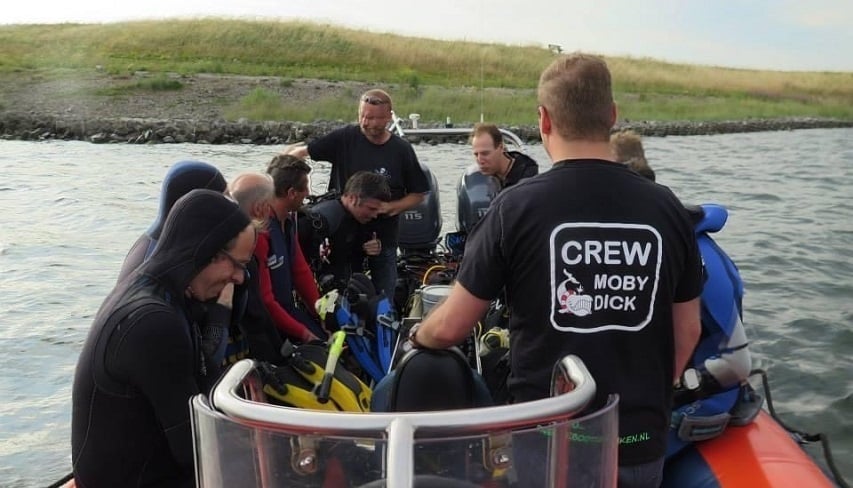
I strongly recommend that you carry out a set of pre-dive checks with your partner before you get in the water. Perform procedures together that you have both been trained in and understand. Using a checklist that you are both familiar with, this way, you are much less likely to miss something.
Problems arise when we have a partner we don’t know, who has been trained by another agency or hasn’t dived for ages and has forgotten the checks, etc.
In summary – whatever checks we use, it is important to know that our equipment is working properly. It is equally important that our partner knows how to help us if something goes wrong.
It is best to do a check with your partner immediately before entering the water. We can then make sure that both our kits are working and that we are both wearing them properly assembled and configured. In reality, the logistics and pressures of dive boats mean that this can be quite difficult.
To alleviate time pressure and distraction when you arrive at the dive site, use the time spent earlier at base, before leaving or on the way to the port to familiarise yourself with other people’s setups. Especially if we have been paired with someone we have only just met. How do you inflate their wing/skin suit? Where are the drain valves? How do we shed their ballast in an emergency? The more we know, the easier it is to help each other.
This will avoid many of the logistical problems and distractions that arise when everyone is rushing to the dive site. So if we find ourselves in a situation where we have to do the final checks ourselves, rest assured that our partner knows how to help us. All we have to do is make a final check that everything works and is in the right place.
It is worth noting that stopping the check and not having someone to do it with us makes us more prone to error, but in these situations, it may be the best we can do.
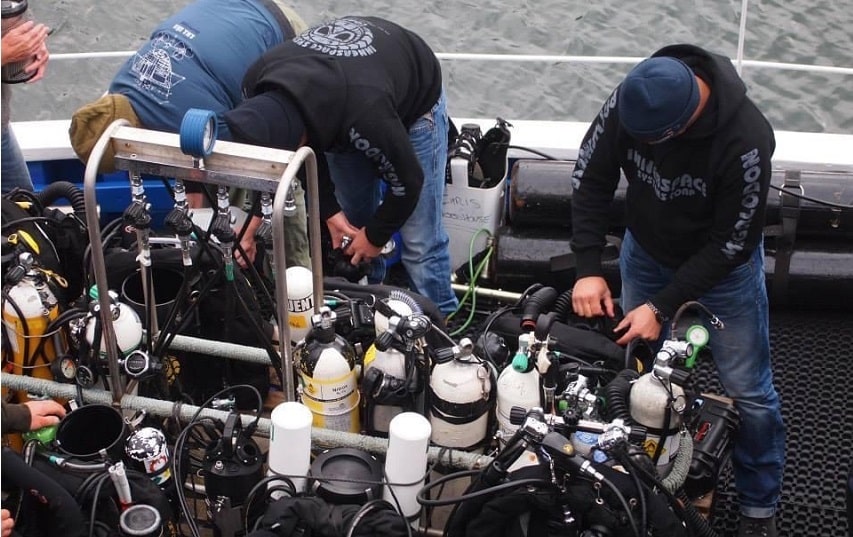
Just as couples check each other out, it is useful for a divemaster (DM) to know how to help their clients if there are problems. A few months ago, I worked as a DM with a diver who had a BCD i3 that uses a unique lever system for inflation/deflation. If I hadn’t talked to him beforehand, I would have had no idea how to inflate it in an emergency.
Divemasters are not immune to the fact that something can go wrong. If, as a DM, you don’t have a specific partner, make sure that people at least know how to inflate your wing/skinpad and how to shed your ballast in the event that you can’t do it yourself.
On a charter boat, it is the DM’s responsibility to encourage people to perform checks and to lead by example. He does this by visibly doing his own checks, preferably with a partner. People will follow what you do, not what you say. As dive guides or leaders, show that dive checks and discussions are for everyone, not just novice divers.
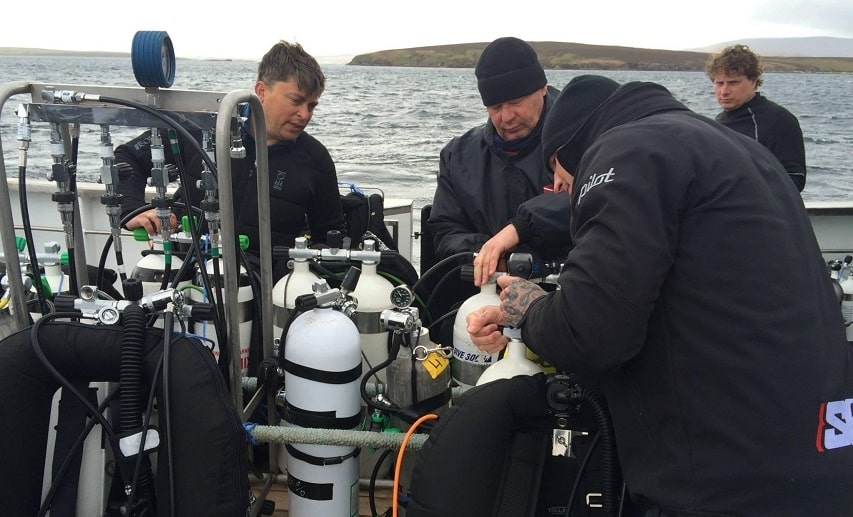
The chances of something going wrong during a dive are small. However, they increase dramatically if we don’t do a pre-dive check. No one is immune to mistakes, including DMs and instructors, despite what our cognitive biases tell us.
Dive boats can be and often are crowded places. Therefore, it is often not possible to do a thorough check with your partner just before you enter the water. So use the time spent at the dive centre, marina or on the boat on the way to the dive site to familiarise yourself with your partner’s kit.
When we are separated from our partner and under pressure to enter the water, at least we have the confidence that he knows how our kit works. We can then methodically carry out our own check. So that we are in a better position to achieve a favourable and safe result.
In an ideal world, there would be no distractions, there would be plenty of time and our equipment would always work. In reality, this is not the case. Whenever we dive within a limited time window there are issues that compete for our attention and priorities. Pre-dive inspection is one of those things. Think about how the boats you dive from can facilitate the checks and what else you can do, to make diving safer for everyone.
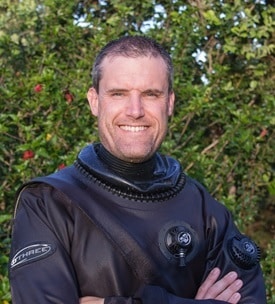
He has been an active diver since 2015 and has around 300 dives in his logbook. He has dived in places as far north as Iceland and as far south as New Zealand. He works part-time as a divemaster and actively dives on CCR. He is most interested in wrecks. However, he gets just as much satisfaction from taking groups on shark dives. Specifically, sand tawras (Carcharias taurus) at his local dive sites.

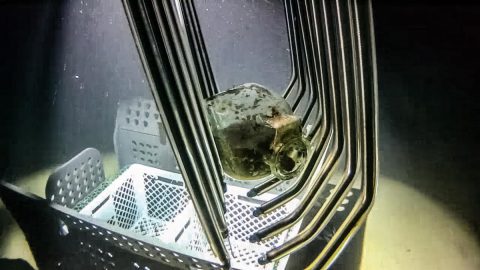
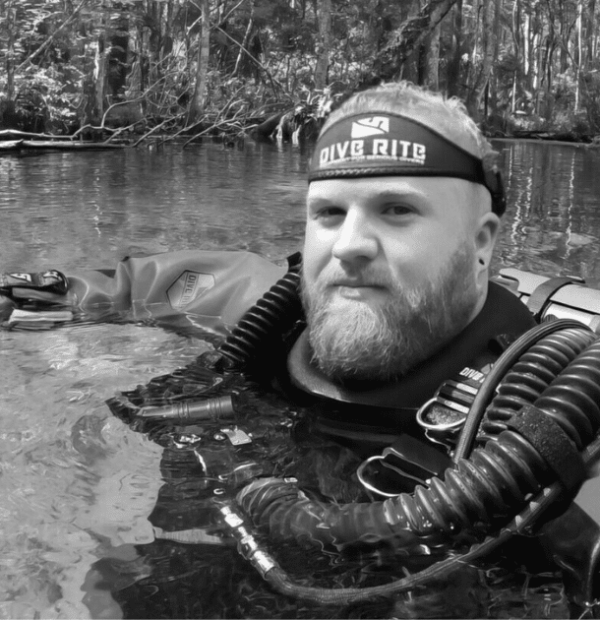

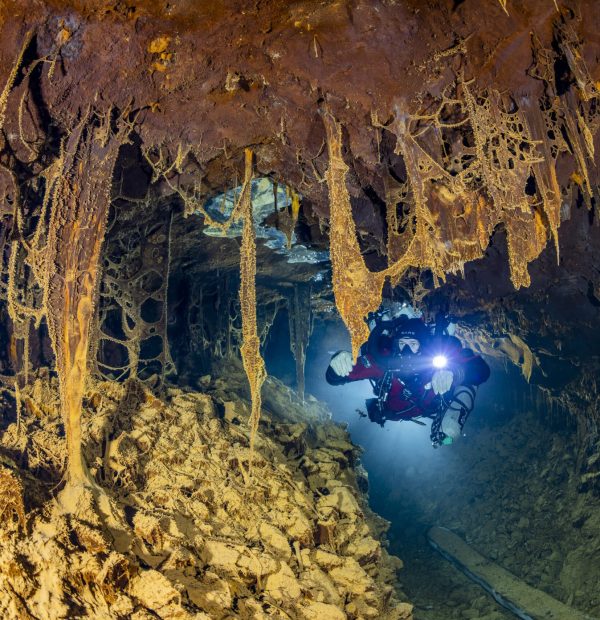
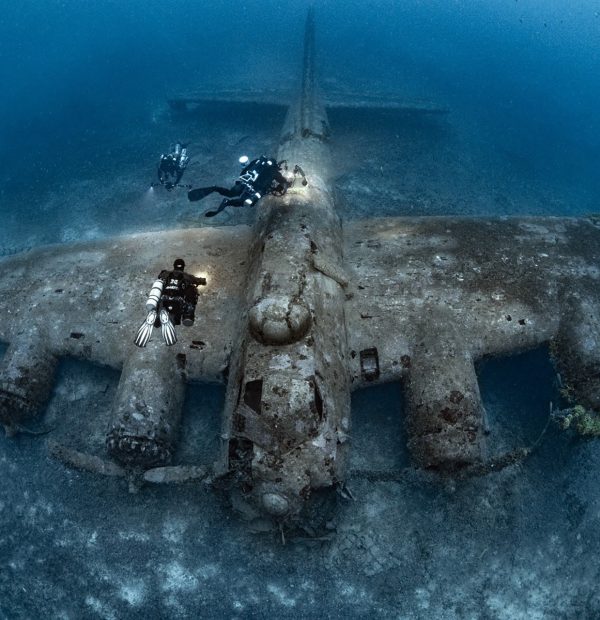
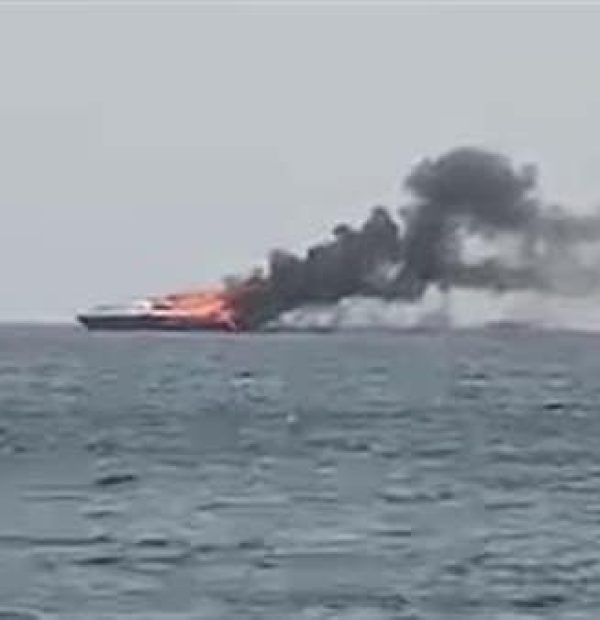
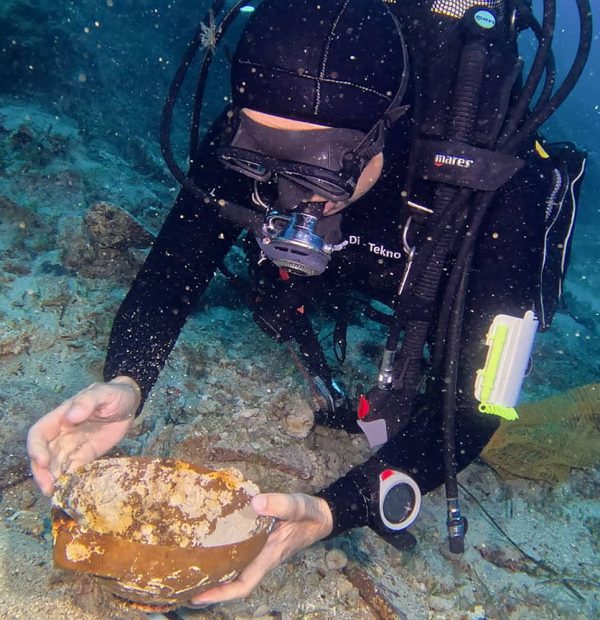
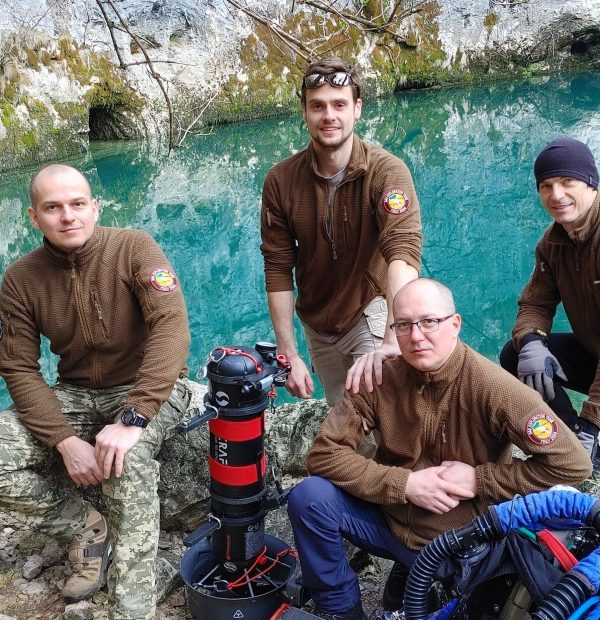

Welcome to DIVERS24.COM, your daily source of scuba news, freediving, scuba diving information, and equipment reviews. Our comprehensive coverage of the dive industry from A to Z provides you with all the latest scuba news, training updates, underwater photography tips, and everything else related to scuba diving. Whether you’re a beginner or an experienced diver looking for more knowledge about scuba gear or techniques – we’ve got it covered! With our in-depth articles written by experienced divers who have been there and done that, you are sure to find exactly what you need here at Divers24.com. Dive into scuba news today!
Underwater Media Sp. z o.o.
Szafarnia 11/F8,
80-755 Gdansk, Poland
Welcome to DIVERS24.COM, your daily source of scuba news, freediving, and scuba diving information. Sign in for a weekly news update and discount coupons for dive gear and apparel.
@2023 - underwatermedia.pl. All Right Reserved. Designed and Developed by Tworzenie stron internetowych Gdansk

The Divers24 portal is currently the largest online medium treating diving in Poland. Since 2010 we have been providing interesting and important information from Poland and around the world on all forms of diving and related activities.
Contact us: info@divers24.com